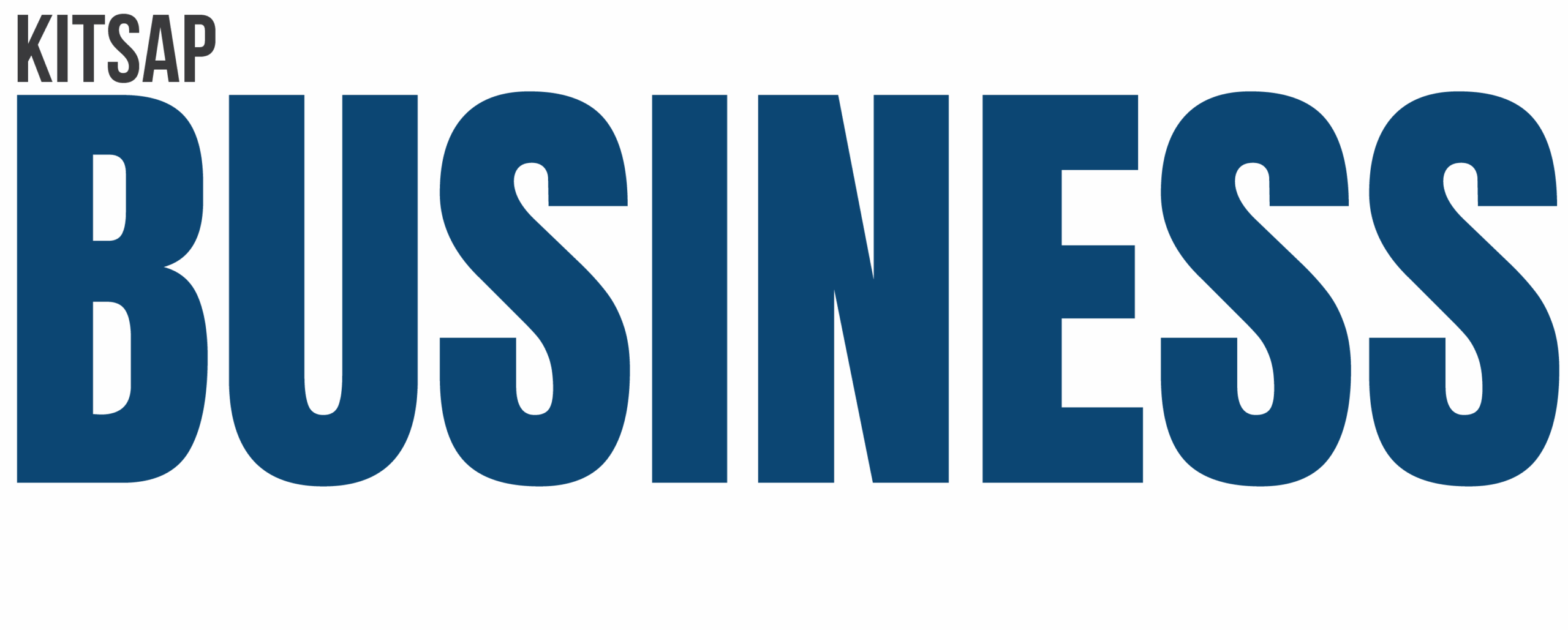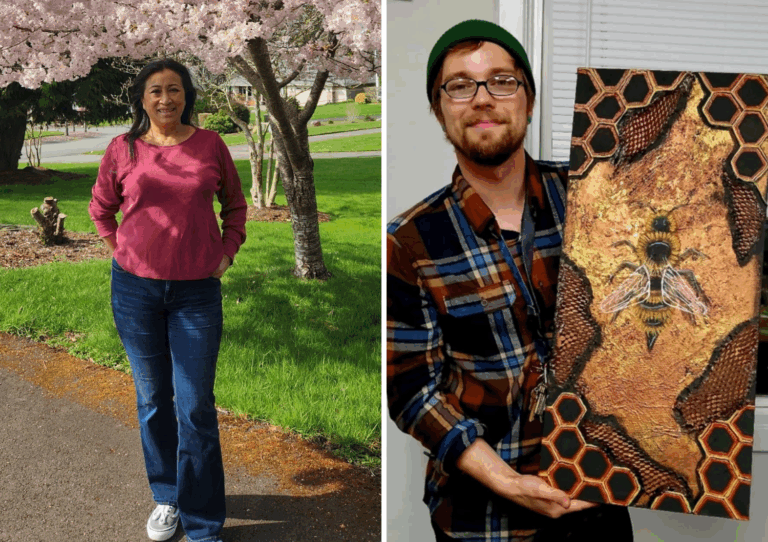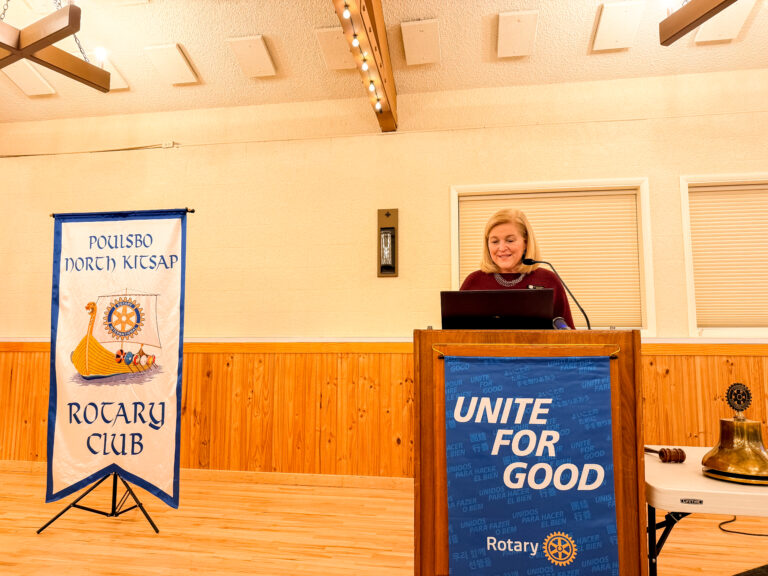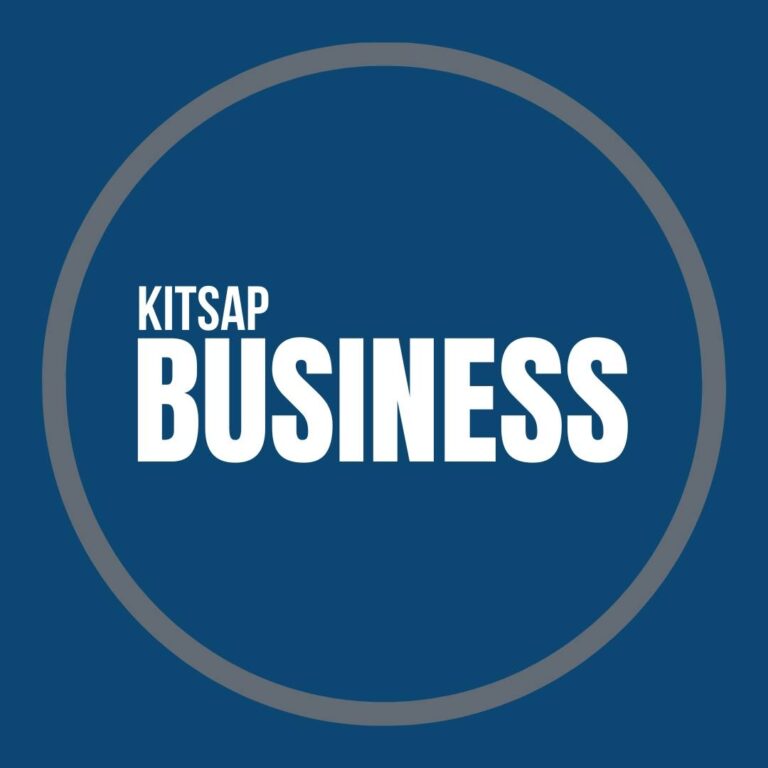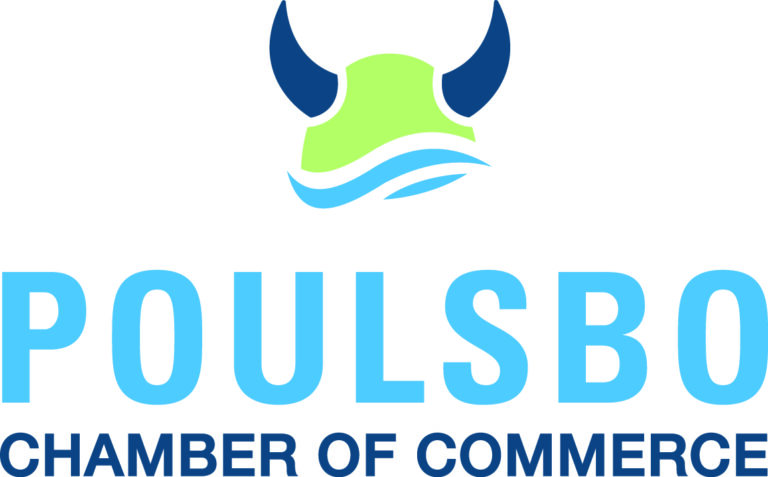For women facing cancer in the rural corners of Western Washington, the journey to treatment is often measured not just in miles, but in mounting costs and uncertainty. Since 2003, the Kathleen Sutton Fund has quietly stepped in to bridge that gap, providing critical travel reimbursement to women undergoing cancer treatment in Kitsap, Clallam, Jefferson and Mason counties.
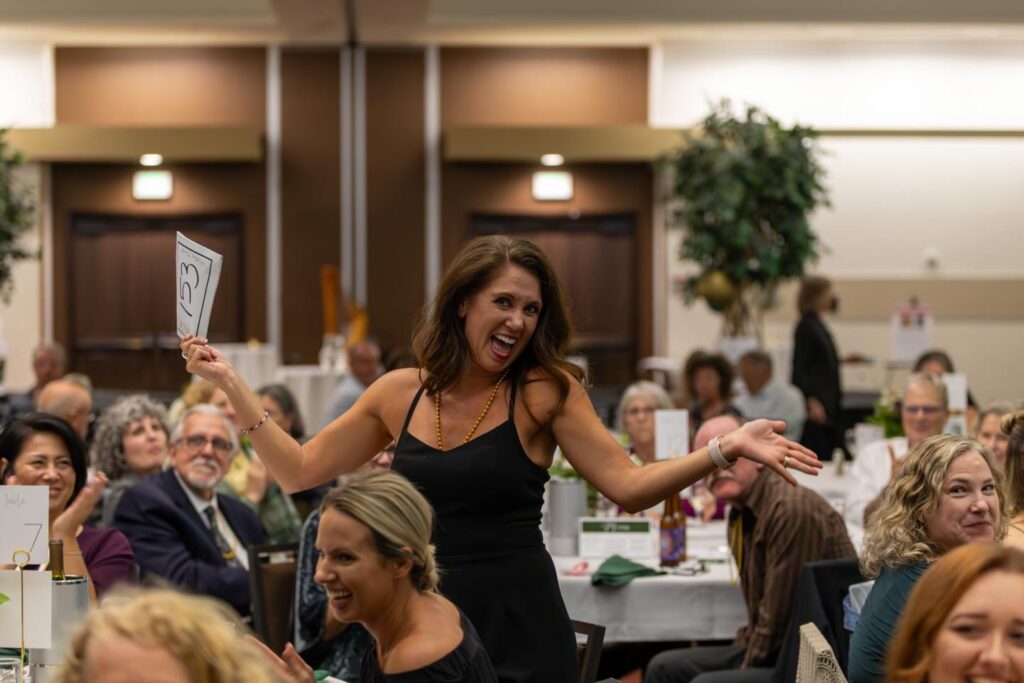
For women facing cancer in the rural corners of Western Washington, the journey to treatment is often measured not just in miles, but in mounting costs and uncertainty. Since 2003, the Kathleen Sutton Fund has quietly stepped in to bridge that gap, providing critical travel reimbursement to women undergoing cancer treatment in Kitsap, Clallam, Jefferson and Mason counties.
The fund, named for its founder, has distributed more than $1.3 million to women in need, a milestone that Cheryl Bloom, vice president of the Kathleen Sutton Fund board, said is both humbling and inspiring.
“It gives me chills,” Bloom said. “I wish, number one, I had known Kathleen Sutton, and number two, that she could really see what has happened in her name.”
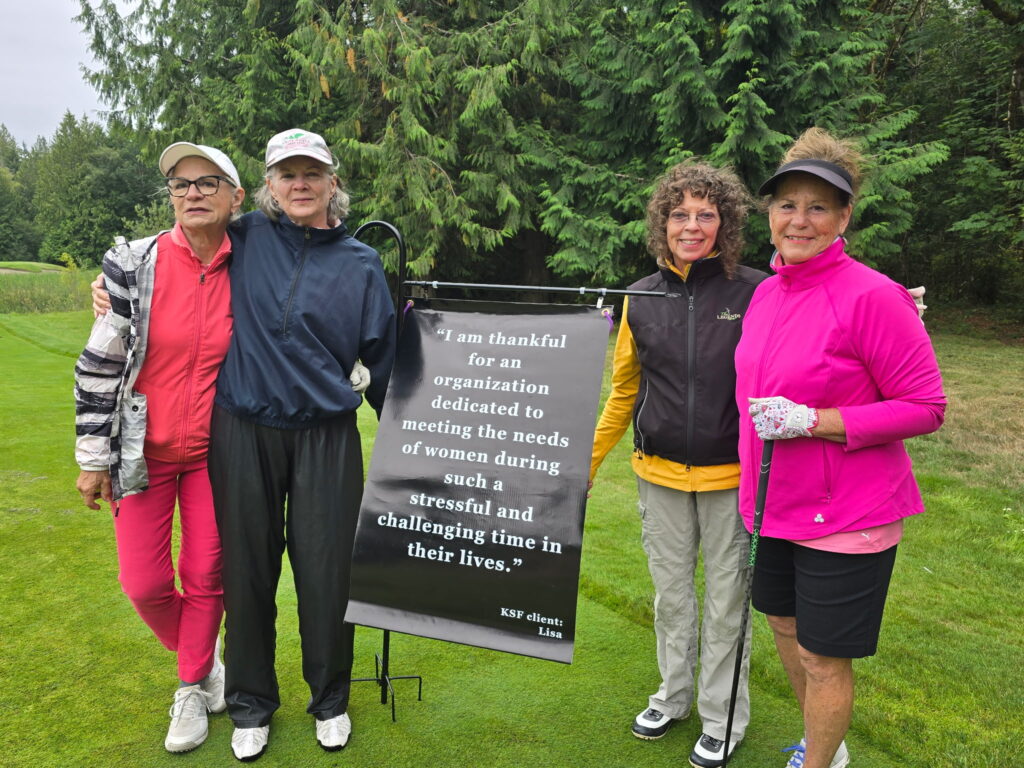
A Grassroots Beginning
The Kathleen Sutton Fund began as a grassroots effort, born from Sutton’s own struggle to access cancer treatment in Seattle. With the help of her best friend, Vivi-Ann Parnell, Sutton realized the financial burden that travel imposed on women in outlying counties, where oncology services were limited or nonexistent.
“Even today, the treatments are so limited in any of those four counties that almost 100 percent of people have to travel to Seattle to get their treatments, and that travel, of course, meant just high transportation costs, which are not covered under insurance,” Bloom said.
What started as small, community-driven auctions at the local yacht club has grown into a vital nonprofit, distributing funds to hundreds of women each year. As of the last reconciliation, the fund had served 1,124 women in 2024 alone.
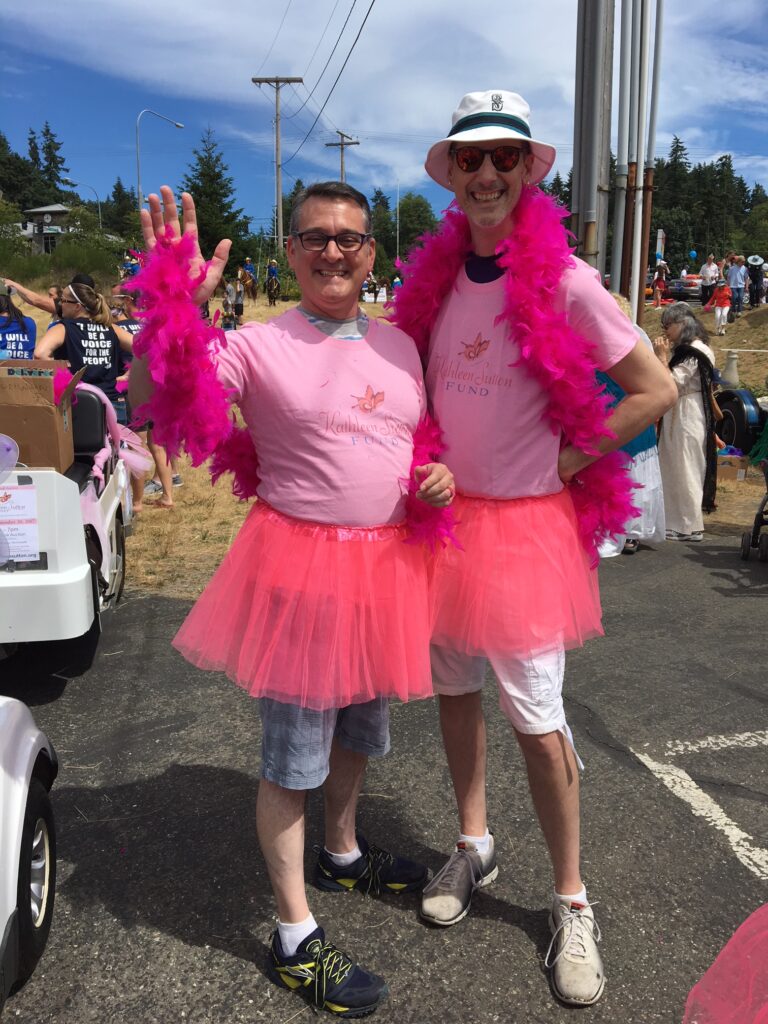
Expanding the Mission
Initially, the fund focused on women with breast cancer in Kitsap County. But as word spread, requests for help came from neighboring counties and women with other types of cancer.
“There were requests outside of Kitsap County for help because the fund was becoming known, and we decided at that point that we would expand to those outlying counties,” Bloom said. “As things progressed and the fund was more able to spread its wings, we took away the breast cancer restriction and made it cancer of any type.”
The fund’s mission is simple but unique: to reimburse travel expenses for women undergoing cancer treatment. Covered costs include mileage, ferry rides, bridge tolls, parking fees and other travel-related expenses. In 2024, the fund reimbursed 280 women who traveled a combined 319,000 miles, took 2,100 ferry rides, paid 320 bridge tolls and incurred $8,500 in parking fees.
“There is no other organization that’s doing what we do, particularly in our sphere of influence,” she said.

Removing Barriers
One of the fund’s defining features is its commitment to accessibility. There is no financial application required; if a client’s oncologist or social worker refers her, she qualifies for assistance.
“There’s no financial application,” Bloom said. “If the client advocate or the oncologist sends them to us, they’re our client. There’s nothing else that client needs to do or provide. That’s huge, particularly because many women in that position are absolutely overwhelmed, and for them to have to fill out a financial application would be horrific.”
The fund also offers retroactive reimbursement: new clients can receive up to six months of travel expenses, while returning clients can receive up to three months, pending confirmation of the policy.

Supporting the Whole Person
Beyond financial support, the Kathleen Sutton Fund fosters a sense of community and hope for women and their families.
“It brings the community together as a means to support something that is really, really valuable and touches so many people’s lives,” she said. “Even if it never touches us personally, it still touches our lives. How many of us can say our families haven’t been touched by cancer?”
The fund’s impact is felt not just by recipients, but by the volunteers and donors who sustain it. The organization is 100 percent volunteer-run, with the exception of a brief period when an executive director was hired.
“It is something that is important for us to grow on a yearly basis as the fund grows, too,” she said. “Our board is 100 percent volunteer. The entire fund has been 100 percent volunteer, and 100 percent of our proceeds go to the women.”
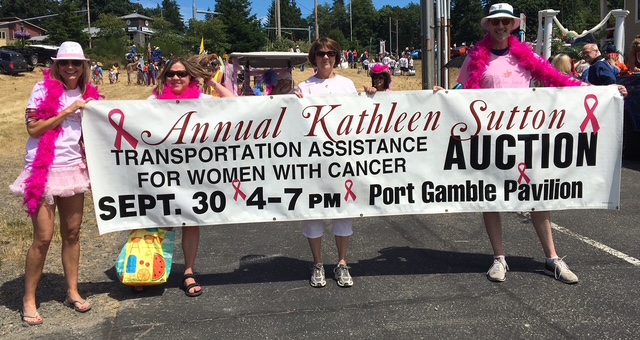
Stories of Hope
The fund’s work is perhaps best illustrated by the stories of the women it serves. While confidentiality is paramount, Bloom said testimonials and thank-you notes from clients are shared at every board meeting.
“Hands down, the success is when a woman who is in tears, not understanding how she’s going to pay her bills or even make a decision to go to her treatment, sends us a note of thanks that she just got her first check, and it was $4,000,” she said. “That’s meaningful to those people, and meaningful to all people. It’s what keeps us going.”
The fund also supports women who choose alternative or natural treatments, as long as the care is for cancer.
“If a woman chooses a natural treatment for her health care and her cancer treatment, that is also covered,” Bloom said. “It isn’t about what your treatment is. It’s about supporting the woman to get to the treatment.”
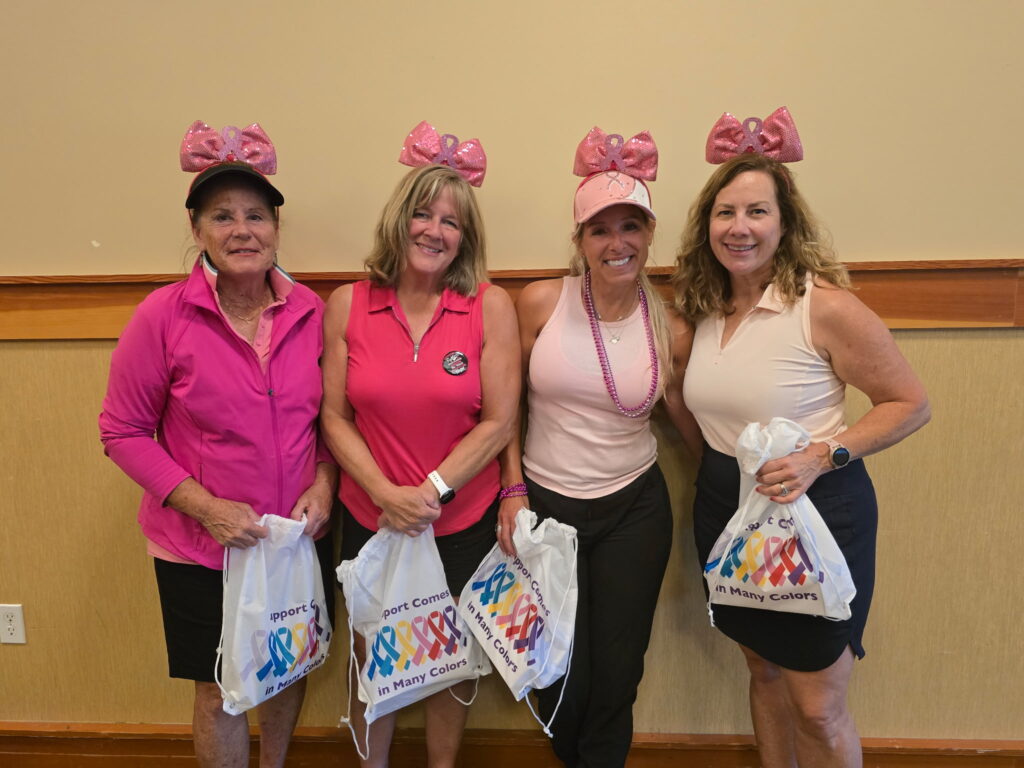
Challenges and Change
As the need for assistance grows, so do the challenges. The fund’s distribution increases every year, and maintaining a robust volunteer base is critical.
“The biggest challenge is maintaining our volunteer base and growing it,” she said. “It’s hard when we are really a small board. We need to increase our board size and put some term limitations around it and create a larger, rotating board, which would then bring in more volunteers.”
Funding is another ongoing concern. The fund relies on private donors, business supporters, grants and community partnerships. Traditional fundraising galas are becoming less effective, prompting the organization to explore new models, such as monthly supporter programs and collaborations with local businesses and service organizations.
Looking Ahead
The Kathleen Sutton Fund is working to expand its reach, particularly in outlying counties where the need is great but local fundraising is limited. Partnerships with organizations like the Soroptimists and participation in Bainbridge Island’s “One Call for All” campaign help broaden the fund’s support base.
“We are the only organization outside of Bainbridge Island that is under their umbrella,” Bloom said. “It’s an important thing for us, because their fundraising is on a yearly basis, and we’re included in that.”
For Bloom, the motivation to lead the fund is deeply personal. After losing her mother to ovarian cancer at 59, she sought a way to support women in her community.
“What motivates me is the support of women in my community,” she said. “To see the joy that a woman can have because they have been released of some fears is tremendous.”
A Legacy of Generosity
As the Kathleen Sutton Fund looks to the future, its mission remains rooted in compassion and community.
“I have learned that people are very, very generous, and that they want to give to something that is meaningful to them,” Bloom said. “There is no duplicate of ours.”
For women facing cancer in Western Washington, the Kathleen Sutton Fund is more than a source of financial relief — it is a testament to the power of community, generosity and the enduring legacy of one woman’s vision.
For more information, visit kathleensutton.org.
Keep in touch with our news & offers
Subscribe to Our Newsletter
Thank you for subscribing to the newsletter.
Oops. Something went wrong. Please try again later.
